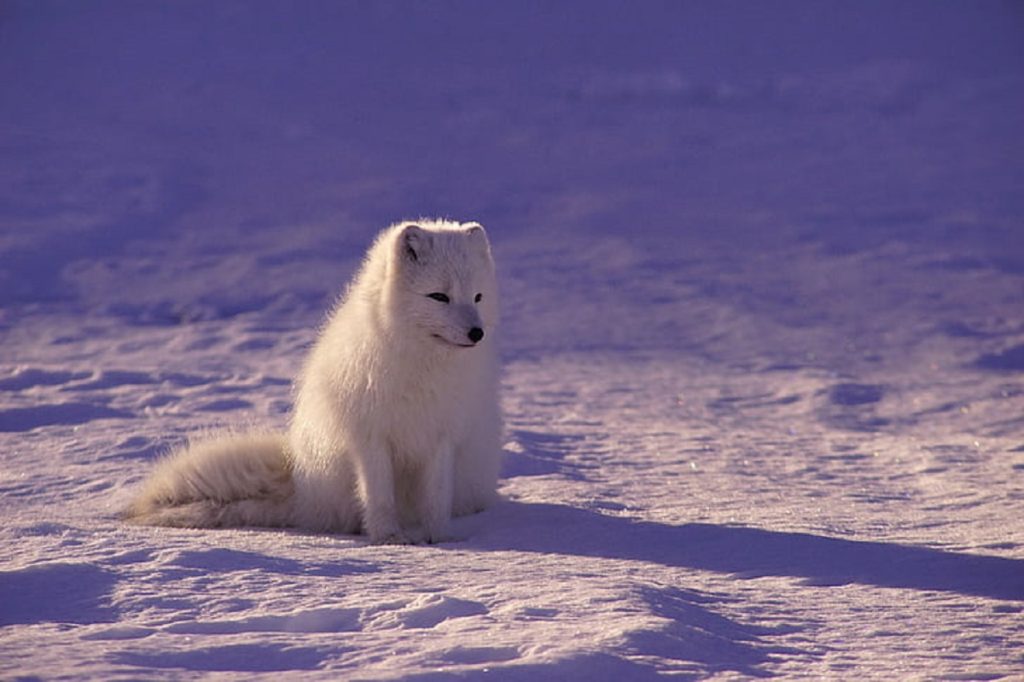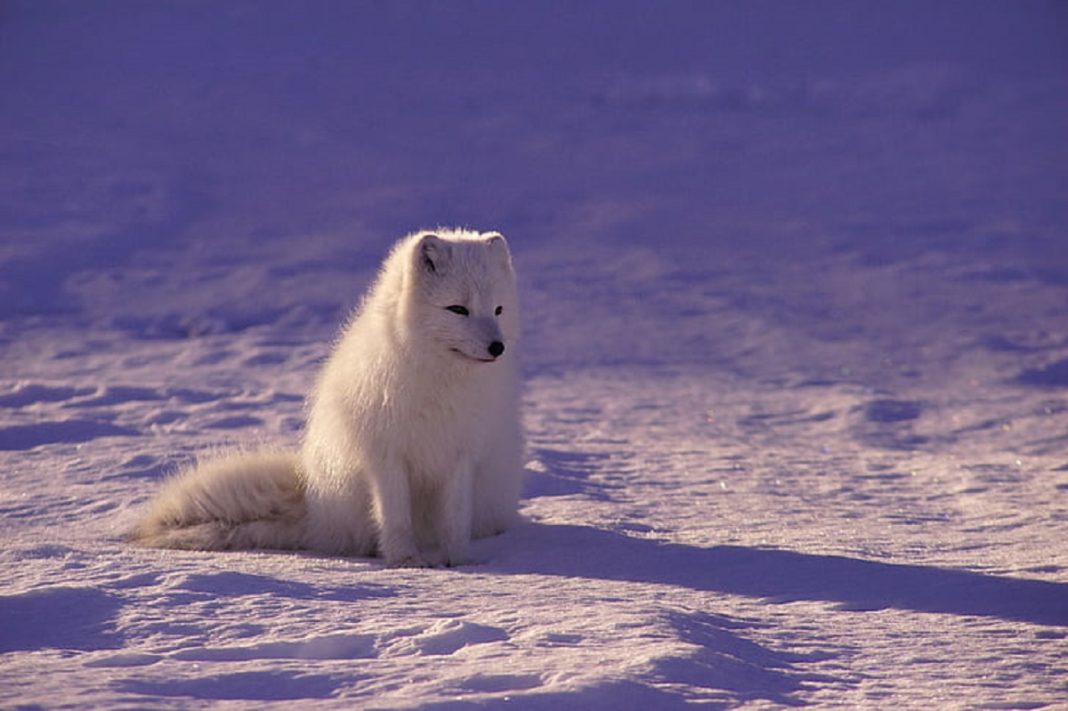After two years of painstaking efforts, the arctic wolf was cloned successfully. It is the first case of its kind in the world. The birth of the world’s first cloned wild arctic wolf is a milestone for the application of cloning technology, which is of great significance to the conservation of rare and endangered animals and biodiversity, experts believe.
Born on June 10, the wolf, named Maya, is in very good health, as the video showed. Its donor cell came from the skin sample of a wild female arctic wolf, which had been introduced from Canada to Harbin Polarland. Its oocyte was from a female dog and its surrogate mother was a beagle, according to Zhao Jianping, the company’s deputy general manager.

The cloning of the arctic wolf was accomplished by constructing 137 new embryos from enucleated oocytes and somatic cells, followed by the transfer of 85 embryos to the uteri of seven beagles, of which one was born as a healthy wolf
The cloned wolf now lives with her surrogate beagle in a lab of Sinogene in Xuzhou, East China’s Jiangsu Province, and later she will be delivered to the Harbin Polarland, Northeast China’s Heilongjiang Province and displayed to the public..
The selection of a dog as Maya’s surrogate was made because dogs share genetic ancestry with ancient wolves and it’s more likely to succeed through cloning technology, experts said.
From the world’s first mammal clone “Dolly,” cloning technology has provided the possibility to diversify the populations of some species such as cattle, pigs and horses. When endangered species in some places are identified, cloning of cells preserved from freezing technologies could also generate new life. However, some raised controversy relating to the cloned arctic wolf. Sun Quanhui, a scientist from the World Animal Protection organization, told the Global Times that cloning technology has made great progress since its birth, but it is still being perfected and in the exploratory stage of research, and there are many technical and ethical issues that need to be addressed and treated with caution.
According to globaltimes















